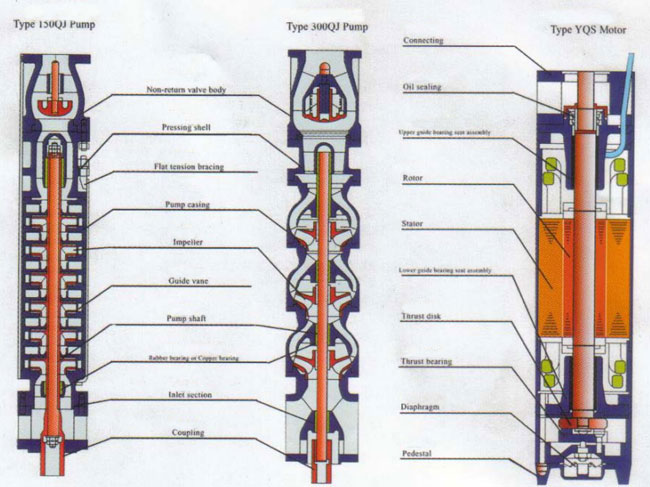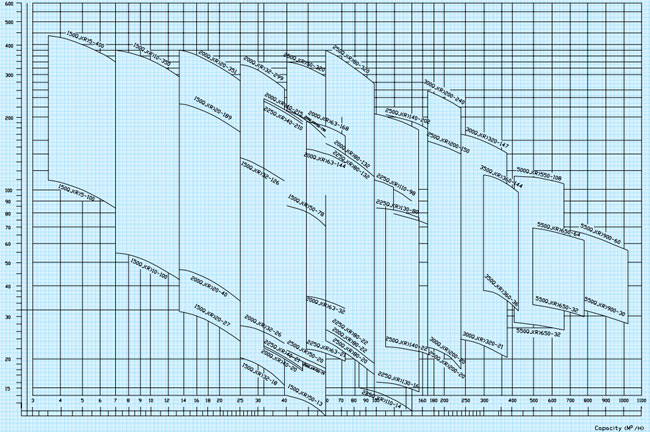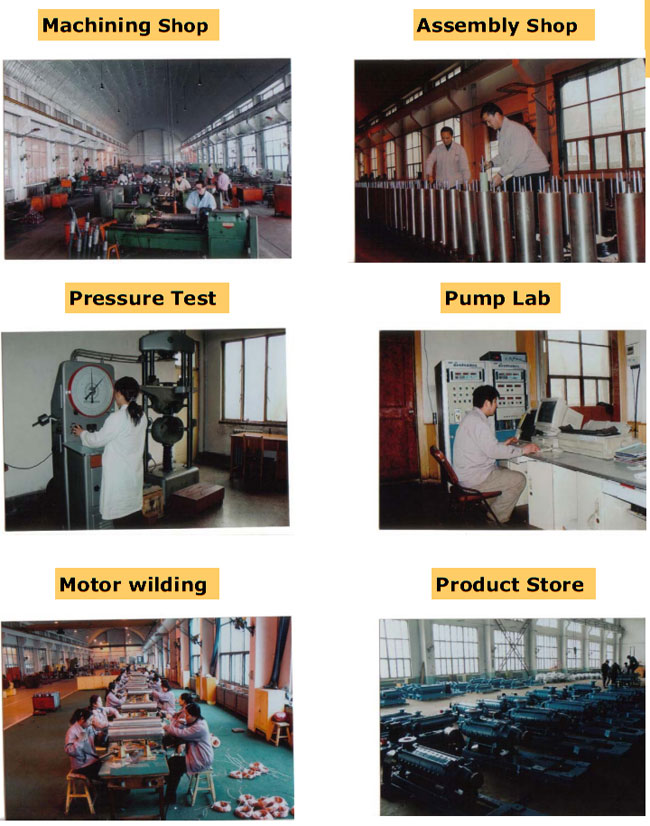How did China's ceramic exports attack the European market?
Influenced by the preliminary ruling on anti-dumping cases of building ceramics products of EU in China, in the first two days of the first phase of the 109th Canton Fair, domestic ceramic exhibitors generally felt that the number of EU merchants was small, and the European market was in jeopardy. However, domestic companies do not give up and express their desire to speed up the transformation and upgrading and adhere to the market diversification strategy. “Only two very few European buyers came in the first two days.†The 3rd day of the 109th Canton Fair (April 17th) was just opened, and Gu Qi, Manager of International Trade Department of Foshan Sanshui Luxun Ceramics Co., Ltd. The material came to the booth early. His greatest feelings in these two days are that the EU merchants are significantly fewer than in previous years. When this happens, it is not surprising that ancient materials were born. On March 17, the preliminary findings of anti-dumping investigations of the EU’s largest ceramics in China were declared to have settled: The Chinese ceramics enterprises that did not respond to the expropriation will levy up to 73% of temporary punitive tariffs, and 3 domestic responding companies will obtain Separate tax rate processing, namely Guangdong New Runcheng Ceramics, Shandong Yadi Ceramics, Dongguan Weimei Group, the tax rates were 35.5%, 36.6%, and 26.2%, respectively; the weighted average tax rate for the other responding companies was 32.2%. The reporter was informed that the preliminary results of this case had greatly affected the enthusiasm of EU buyers to import ceramic products from China. Some EU orders even fell by 70%. European customers are scarce Few buyers from the European Union have become the common experience of companies in the ceramic exhibition area of ​​the first phase of the Canton Fair. Mr. Kevin, Manager of European Marketing Department of Guangdong Jinyi Pottery Ceramics Co., Ltd., told reporters that foreign merchants entertained two days before the Canton Fair came from South America, the Middle East, Southeast Asia, etc. Few EU merchants visited and several old EU customers came to visit. Just wait and see, there is no ordering intention. The EU market accounts for 40% of the export volume of Jinyi pottery ceramics. At present, the company’s orders from the EU have dropped by 50%. Jin Yitao is one of the companies responding to the case. At present, the export anti-dumping tax will be imposed on 32.2% of exports to Europe. Kevin told reporters that this part of the provisional anti-dumping tax needs to be paid by EU importers, thus greatly affecting its enthusiasm for importing ceramic products from China. "If a tile costs $10 offshore, the high tax rate may raise the price to $20, and the price advantage of Chinese products will no longer be there," Kevin said. At present, the difference between China's ceramic products and Italy and Spain is about 30%. Italy and Spain are European producers of ceramics. Therefore, 32.2% of anti-dumping tariffs have bridged this part of the spread. Importers from EU countries are bound to choose Italy from a closer distance. Spain increased imports. Kevin said that at present, many customers have moved their purchasing targets to Spain, Italy, and South East Asia. Kevin said that after the implementation of temporary anti-dumping duties, many EU merchants proposed a price reduction of about 10%, but Jin Yitao rejected the customer's request. Kevin believes that accepting price cuts will have a more unfavorable impact on the case. The company in which Gu Kaicai was located also encountered a similar situation. He told reporters that at present, the company’s export profit point is only about 10%, and it would be unprofitable to reduce prices. Improve quality dislocation competition Although high temporary tariffs pushed Chinese ceramic companies to the edge of the cliff, the surveyed companies generally believed that the EU market was an important position and they had to hold onto this position anyway. Xia Lili of the International Marketing Center of Guangdong Eagle Brand Ceramics Group Co., Ltd. told the reporter that the EU region represents the development direction of the ceramic industry, and if the company abandons the market, it will adversely affect the company's performance and product design. Xia Anli believes that if the product is substitutable, EU importers will continue to import from China. At present, there are more glazed tiles in the EU and polished tiles are relatively small. Therefore, Chinese companies that produce polished tiles will have a greater advantage. It is reported that the current provisional anti-dumping duty will be implemented from March 17 to September 16. During this period, it will go through a series of procedures such as no damage defense and hearing, and a final ruling will be made on September 17. If the preliminary decision is reached at that time, the EU will implement a five-year formal anti-dumping tax on China, and more companies will be affected by this. Wu Jianfeng, general manager of Guangdong Hongyu Ceramics Exports, believes that the production of more high-end, unique products is the best way to deal with trade barriers. This objectively forces companies to upgrade. Huang Jianghong, assistant general manager of Guangdong Dongpeng Ceramics Co., Ltd.'s International Business Department, also stated that the production of higher-end, substitutable products is a way out for the company. They will bring new products such as metal glazes this time. Huang Jianghong also pointed out that while maintaining the EU market, it must also pay more attention to market diversification. At present, there are strong demand in South America, Southeast Asia, and the Middle East, and there have been a steady stream of buyers from these regions during the Canton Fair these days.
Naipu QJ Series are vertical multi-stage submersible pumps designed for pumping clean water from deep wells, rivers, reservoirs and mines etc., as well as applications in industrial water supply , agricultural irrigation projects. Fire fighting and so on. QJR is specially designed for geothermal applications featured by heat-resisting, anticorrosion and anti-aging properties, water temperature up to 90℃.
Typical Applications---
NP-QJ Deep Well Pump Configuration Drawing
Main Part Number At The Drawing
QJ DEEP WELL PUMP SELECTION CHART
NP-QJ DEEP WELL PUMP WORKSHOP SHOWING
Deep Well Water Pumps,Deep Well Pump,Deep Well Bore Pump,Vertical Submersible Water Pump Shijiazhuang Naipu Pump Co., Ltd. , https://www.naipu-pump.com
Water drawing tool submerging into water to work
Drawing the groundwater from the deep well
Drawing engineering of rivers reservoirs, channels, and soon
Irrigation of farmland
Solar submersible

2. Pump Cover
3. Impeller
4. Shaft
5. Wear Ring
6. Impeller Cap
8. Shaft Sleeve
9. Packing Gland
10. Seal Cage
11. Packing
12. Cantilever Bearing Assembly

